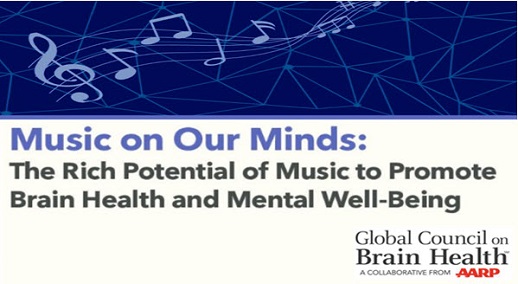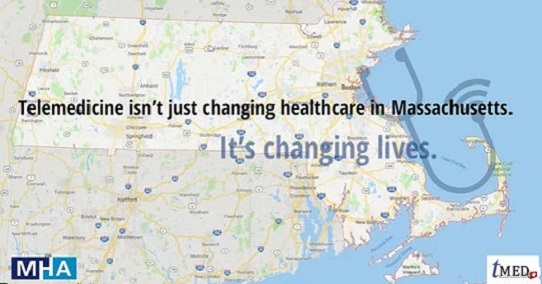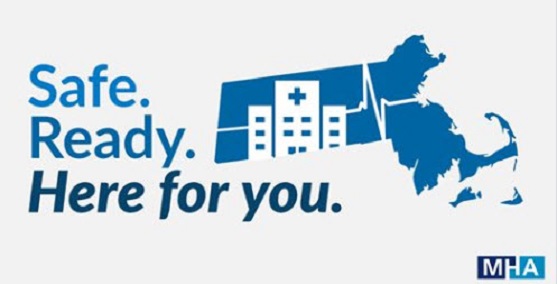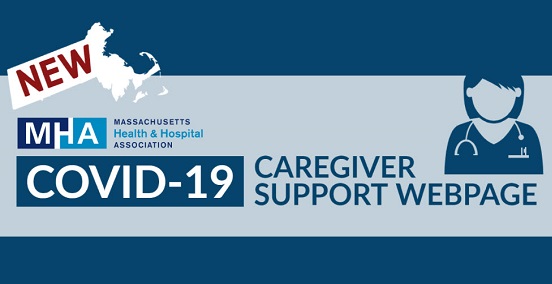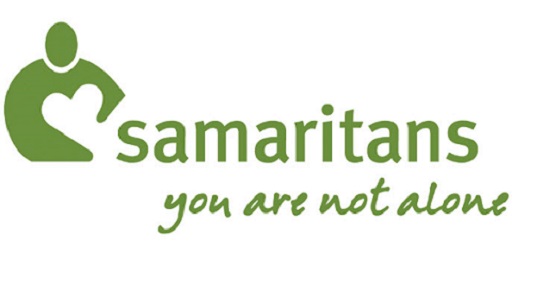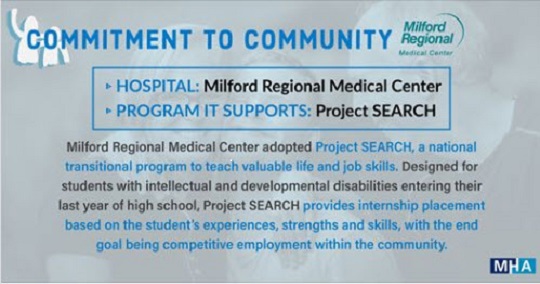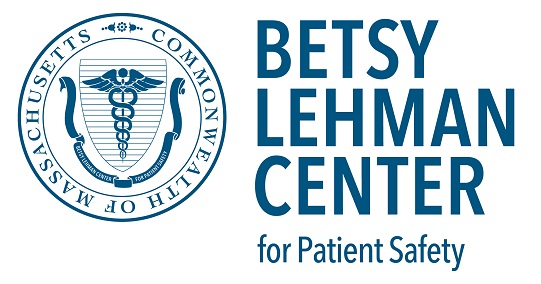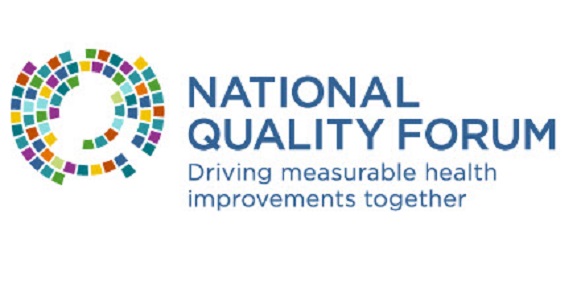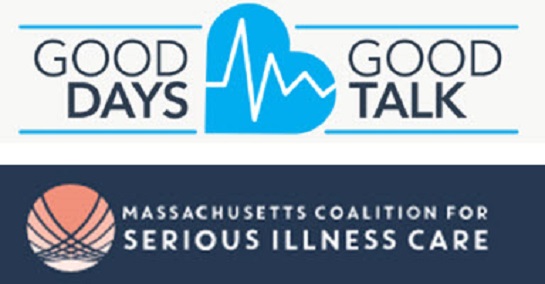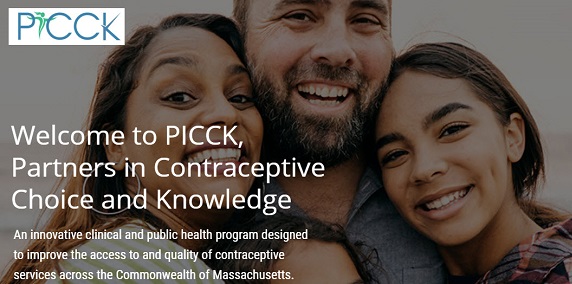The Global Council on Brain Health (GCBH) is an independent collaborative of scientists, health professionals, scholars, and policy experts from around the world who are working in areas of brain health related to human
cognition. The GCBH focuses on brain health relating to people’s ability to think and reason as they age, including aspects of memory, perception and judgment. AARP convened the GCBH to offer the best possible
advice about what older adults can do to maintain and improve their brain health. GCBH members gather to discuss specific lifestyle issue areas that may affect people’s brain health as they age, with the goal of providing
evidence-based recommendations for people to consider incorporating into their lives.
Many people across the globe are interested in learning that it is possible to influence their own brain health and in finding out what can be done to stay as sharp as possible as they age. We aim to be a trustworthy source
of information, basing recommendations on current evidence supplemented by a consensus of experts from a broad array of disciplines and perspectives.
Knowledge about brain health is expanding rapidly. GCBH’s work empowers individuals to benefit from insights on the cutting edge of science and enhance well-being through the course of their lives.

